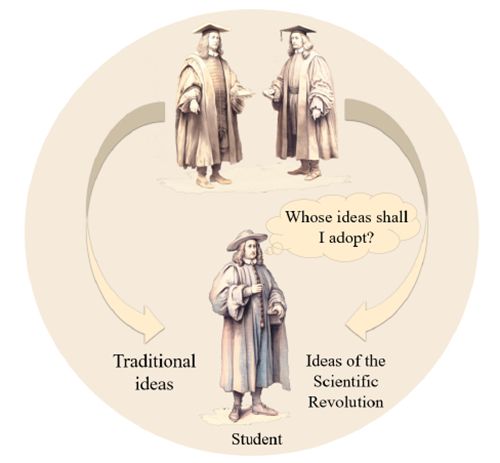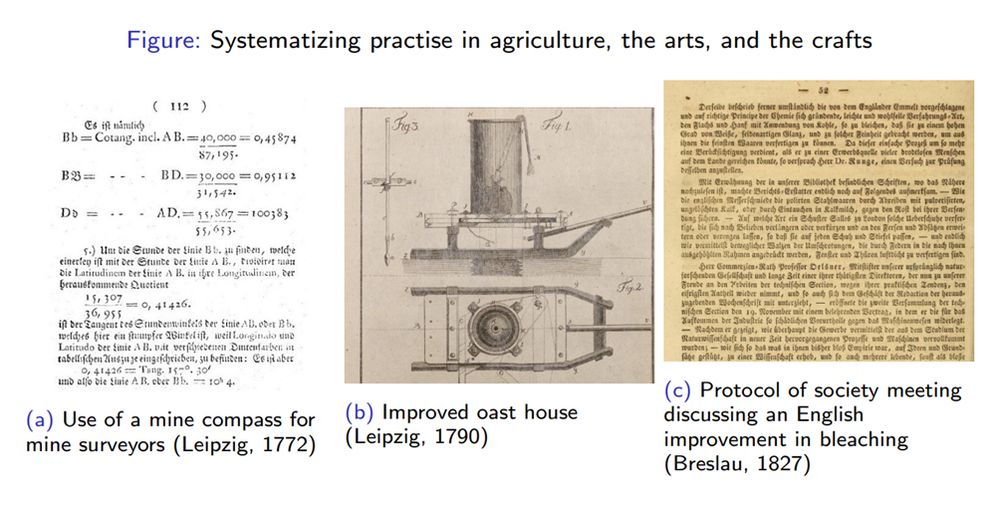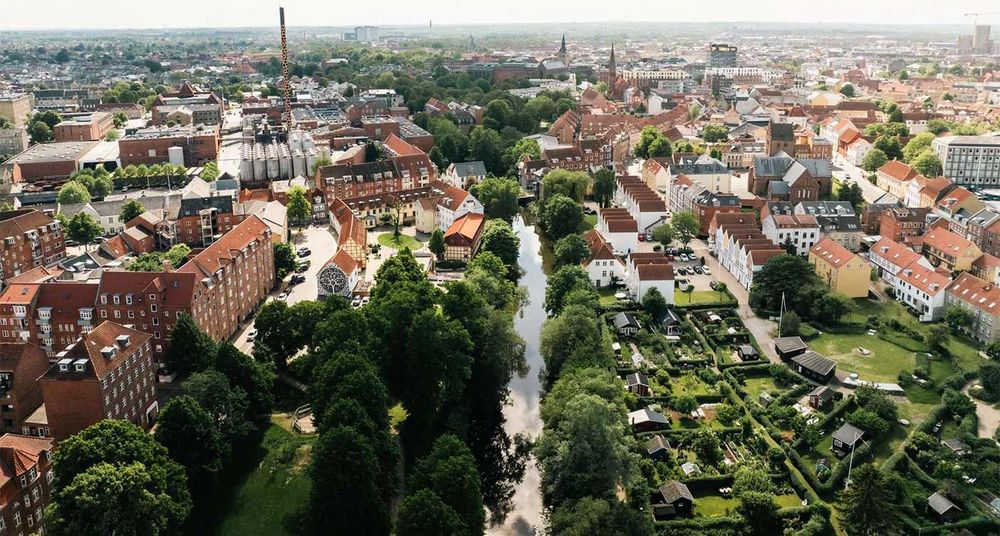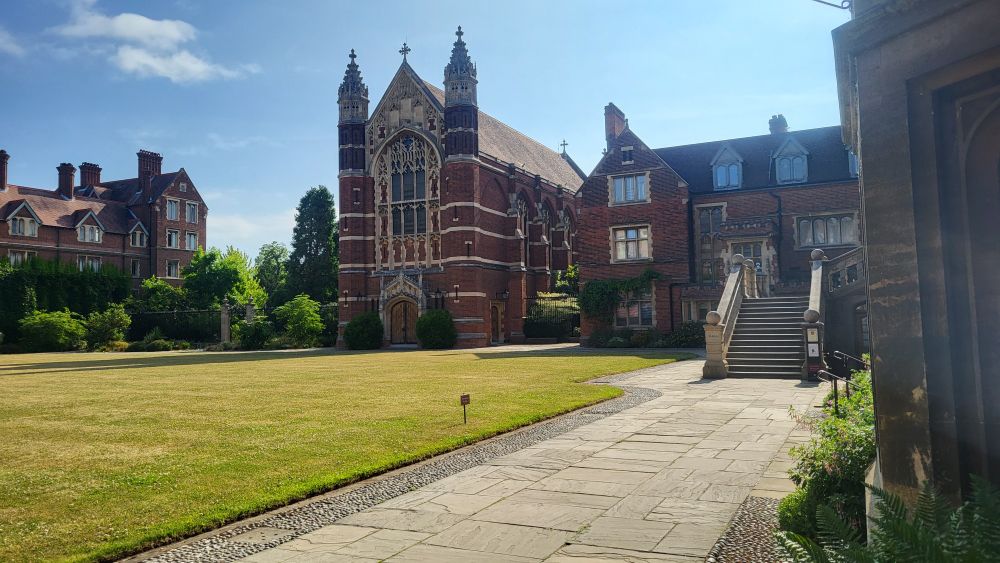Julius Koschnick
@juliuskoschnick.bsky.social
1K followers
210 following
72 posts
Assistant professor at the University of Southern Denmark. Economic history. Research topics: Long-run growth, the knowledge economy, education, and innovation
Posts
Media
Videos
Starter Packs
Pinned
Reposted by Julius Koschnick
Reposted by Julius Koschnick













